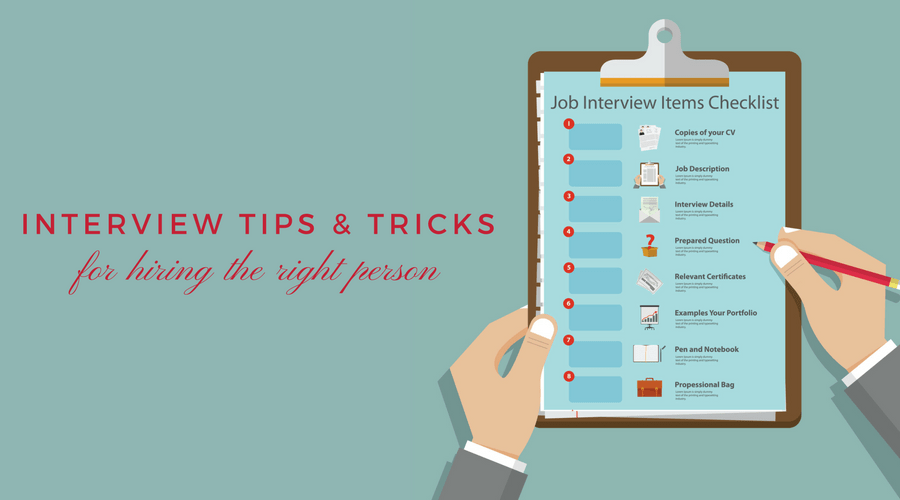Do’s and Don’ts for Interviewing Job Candidates [Infographic]

After you’ve found candidates for an open job position, you’ll need to interview them to determine which candidate will be the perfect person for the job. Interviews allow you to get a better sense of the person’s qualifications and personality to see if they’re a good fit for your company. You’ll also have a chance to answer their questions, so they’ll know if your company is right for them.
Interviewing Do’s
- Ask candidates questions about your business. Job candidates have always been expected to research a company before an interview, and the internet makes it easier than ever.
- Determine the most important attributes needed to do the job effectively and focus your interview questions on those qualities.
- Roleplay a typical situation in your business. For example, pretend that you’re an unhappy customer, and ask the candidate to handle the situation. Watch how the candidate responds – their attitude, voice, and body language – to see whether they’d be a good fit.
- Limit the number of questions you ask each candidate. You want every candidate you interview for an open position to answer the same questions as other candidates, without feeling rushed. A good rule of thumb is to ask four to six questions in a 30-minute interview and six to 12 questions in an hour interview.
- Ask open-ended questions to get a better feel for whether the candidate will be a good fit for your company and the job. Read also: Why Hiring the Right People Matters
- Leave time at the end of the interview for the candidate to ask you questions.
Interviewing Don’ts
- Don’t ask off-limit questions. A question is
off-limits if there’s a potential for discrimination based on the answer. These
questions include:
- How old are you?
- What is your sexual orientation?
- Are you married?
- Do you have or plan to have children?
- Are you pregnant?
- Are you in debt?
- Do you smoke or drink socially?
- What is your religious affiliation?
- What is your political affiliation?
- Do you have any disabilities?
- If you find out off-limits information, by checking the candidate’s social media profiles or because the candidate offered the information voluntarily, be careful not to use that information as a deciding factor when hiring.
- Don’t focus too much on “right” and “wrong” answers. Focus, instead, on how the candidate is answering each question.
- Don’t monopolize the conversation. You’re passionate about your company, but give the candidate plenty of time to talk, too. By having a two-way conversation, the candidate will be more comfortable.

15 Sample Interview Questions
The questions you ask candidates should encompass behavior, past experiences, knowledge, skills, and general competencies. Tailor the questions to the specific position. Here are 15 sample questions to get you started:
- Tell me about yourself.
- Tell me about a time when your work was criticized.
- What is the biggest professional challenge you’ve faced?
- How would a former boss describe your best and worst qualities?
- Why are you interested in working for this company?
- How would you deal with an angry customer?
- Tell me about your most significant achievement at work.
- Describe the work environment in which you’re most productive and happy. Read also: How Your Culture Affects Productivity
- Tell me about a time when you went out of your way to help a customer.
- Tell me about a time when you had to give someone difficult feedback. How did you handle it? How did they react?
- How do you handle working with people who annoy you?
- If I asked you to do something you disagreed with, what would you do?
- How would you handle a situation where you were required to finish multiple tasks by the end of the day, and there was no conceivable way you could finish them all?
- What assignment was too difficult for you? How did you resolve it?
- Tell me about a time when you reached a goal with limited resources.
Interviewing prospective employees is just one part of the hiring process. You will also need to attract qualified applicants, post a job ad, and review resumes. Learn how to improve your small business’s hiring process.


